East of England Ambulance Service: Staff reported to police at 'bullying' trust, says CQC
- Published
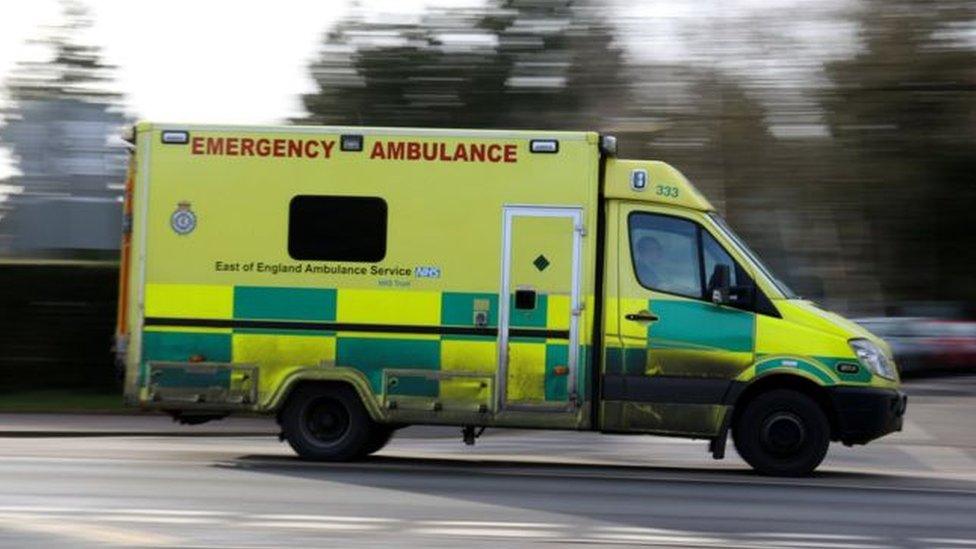
The ambulance service has used 28 non-disclosure agreements in relation to bullying cases since 2016
Thirteen cases of sexual misconduct by staff have been reported to police at an ambulance service where bullying was "normalised", a health watchdog said.
Inspectors have recommended the East of England Ambulance Service NHS Trust (EEAST) is put in special measures by NHS England and NHS Improvement.
South Norfolk MP Richard Bacon has called for the trust to be scrapped and replaced.
EEAST said it would "do everything possible" to make improvements.
The Care Quality Commission (CQC) report found a "negative culture" and poor leadership left staff afraid to speak out.
It visited the trust, which serves Bedfordshire, Cambridgeshire, Essex, Hertfordshire, Norfolk and Suffolk, between 25 June and 15 July.
The ambulance service has 4,000 staff and 1,500 volunteers across the region.
Various sources, including seven whistleblowers, voiced concerns over its ability to protect patients and staff from sexual abuse, inappropriate behaviour and harassment.
A string of failures were highlighted by inspectors in their report, external, including concerns over how the trust acted following allegations of serious offences made against employees.
The CQC said 13 cases of sexual misconduct and predatory behaviour, including claims of staff abusing patients, had been made to police between April 2019 and March 2020.
Inspectors also noted:
Three cases where the trust did not suspend staff accused of serious offences because they were on leave
A long and tolerated history of "prolific and predatory" sexual harassment at one base in the region
Disclosure and Barring Service (DBS) checks, which identify criminal records, were not always made when workers moved roles or switched organisations
Some complaints - including one by a patient said to be seriously hurt in the trust's care - were not always properly investigated
EEAST scored the worst out of all ambulance trusts for bullying and harassment in last year's NHS staff survey
The "faceless" leadership team and staff continued to be disconnected
"Nepotism, cliques and favouritism" were common, staff said
Both staff and patients were said to suffer racial discrimination
Despite a solicitor dealing with more than 100 long-standing employee cases, the trust had no audit or review process to manage employee relation cases
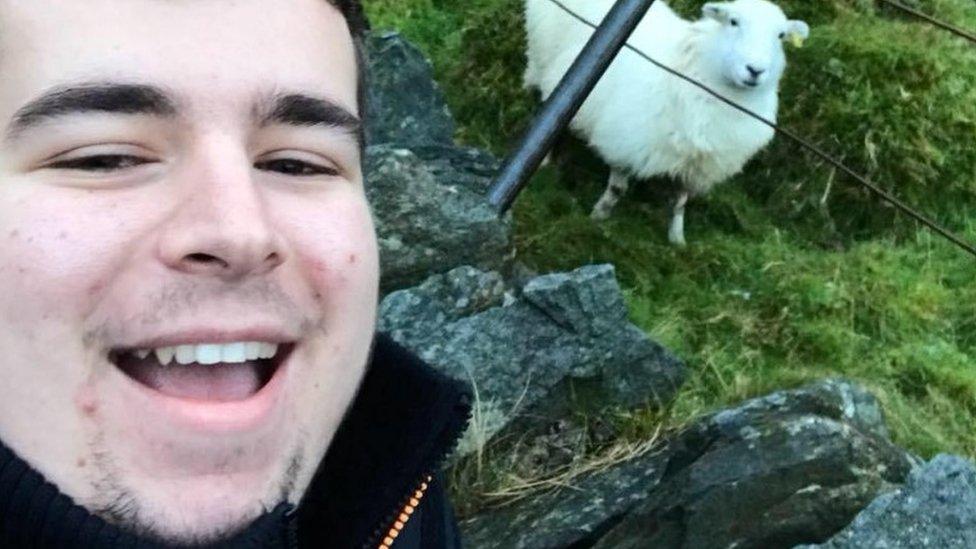
Call handler Luke Wright, who also volunteered as a community first responder, worked for the East of England Ambulance Service
In November, it emerged three ambulance service employees - Luke Wright of Norwich, Christopher Gill of Hertfordshire, and Richard Grimes of Luton - had died in less than two weeks.
An inquest into call handler Mr Wright's death heard he took his own life while suffering from stress and anxiety.
In February, it was discovered the trust had made 28 non-disclosure agreement payments since 2016 involving cases of bullying, harassment or abuse.
The health workers' union Unison, external said EEAST must make clear it values and supports its staff.
"Unison has been consistently raising issues around the culture at EEAST for years and we've been working hard with the trust to resolve them," a spokesman said.
Staff 'disrespected'
The CQC ordered urgent improvements after finding some senior managers did not have the right skills, knowledge and experience, as well as "combative and defensive" manners.
It discovered "undervalued" staff were treated "disrespectfully" if they raised issues.
Inspectors also said the trust did not learn from an independent report's recommendations after an employee was sexually harassed.
They added some leaders were not decisive enough when staff were accused of predatory sexual behaviour towards patients.
England's chief inspector of hospitals, Ted Baker, said some of their behaviour had stopped "staff from speaking out, including on serious issues such as safeguarding and abuse".
"This fuelled a negative culture, where bullying was normalised, and put patient and staff safety at risk," he said.
"I have also recommended the trust enters special measures, so it can receive the support it needs."
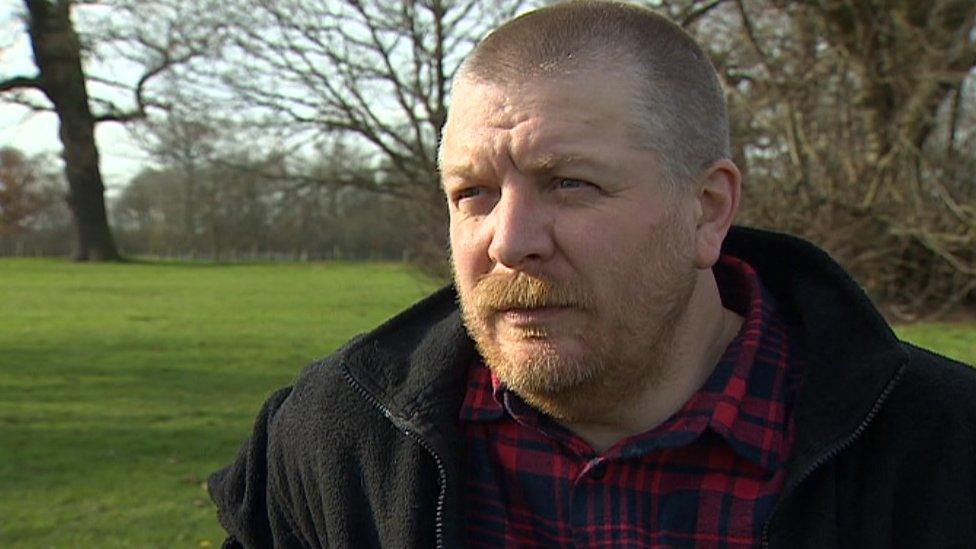
Ex-ambulance worker Damian Sherman said "we will find people making more mistakes because they don't feel safe"
Damian Sherman worked for the EEAST's Hazardous Area Response Team, external until 2016, but left claiming he was bullied and that other staff had reported the "toxic work environment for years".
Mr Sherman said the ability for staff to report mistakes in a blame-free culture and to learn from those errors was lacking and not in patients' interests.
"If this situation within the ambulance service continues unchecked, we will find people making more mistakes because they don't feel safe, they don't feel nurtured," he added.
The ambulance trust's chairwoman Nicola Scrivings admitted the CQC report "makes for very difficult reading" but "fully accepts" its recommendations.
"We need to improve and we will now do everything possible, as fast as possible, to make the improvements required," she said.
"In a message to staff today, the executive team has again reinforced its commitment to listen to and support anyone who raises concerns."
Conservative MP Mr Bacon said "serious and systemic" problems within trust management called for drastic measures.
"The time has come not to have another improvement director, or another improvement plan, but rather to scrap it and start again," he said.
NHS England and NHS Improvement said a decision was being made on putting the trust into special measures following the CQC's recommendation.

Find BBC News: East of England on Facebook, external, Instagram, external and Twitter, external. If you have a story suggestion email eastofenglandnews@bbc.co.uk
- Published27 July 2020
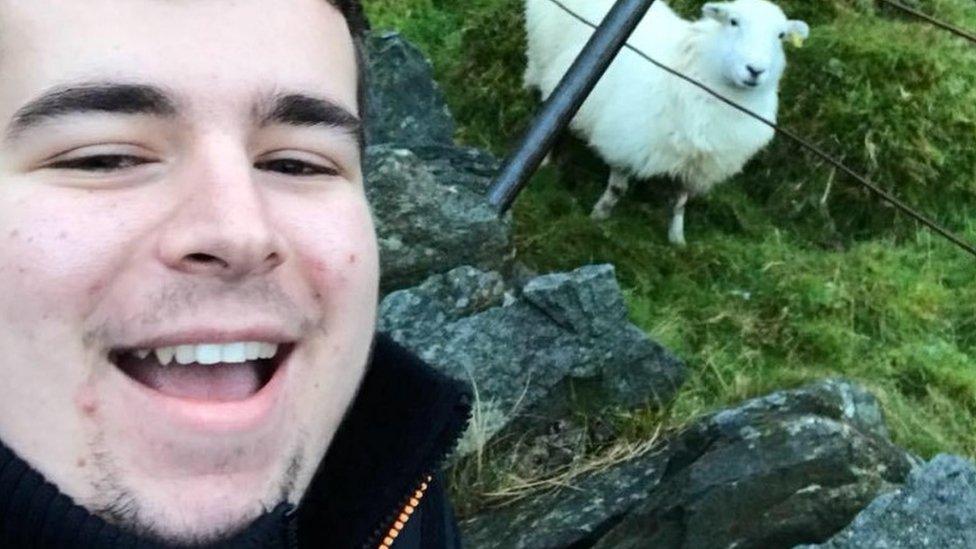
- Published13 May 2020

- Published10 February 2020
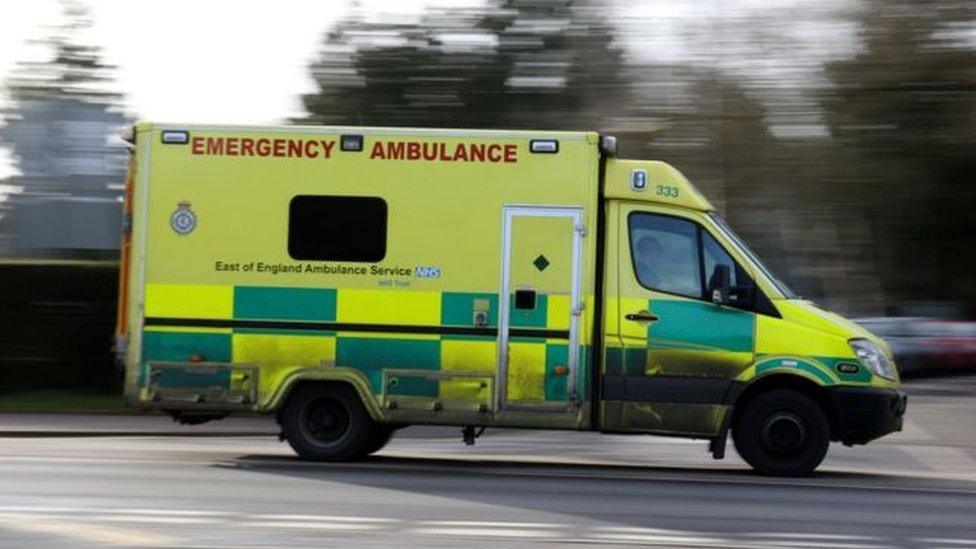
- Published28 November 2019
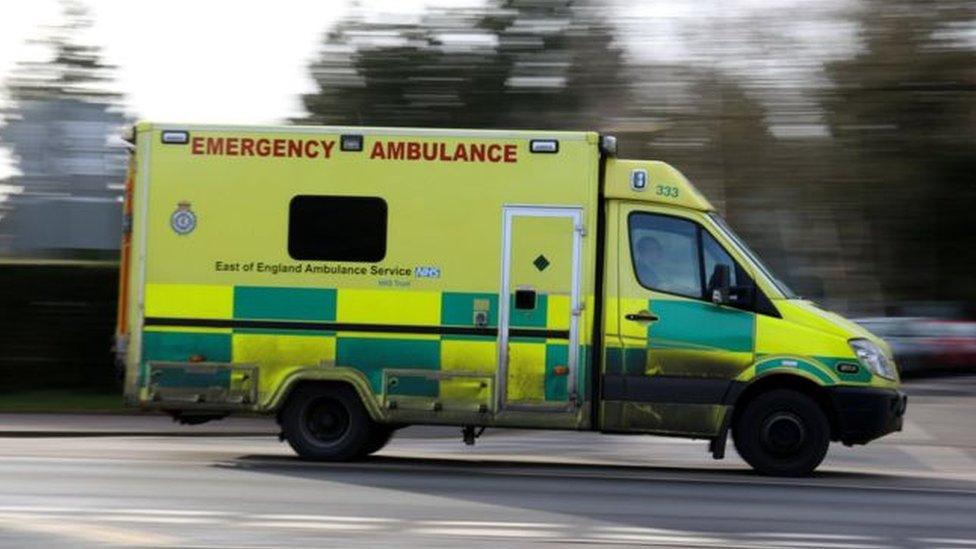
- Published23 November 2019

- Published22 November 2019
